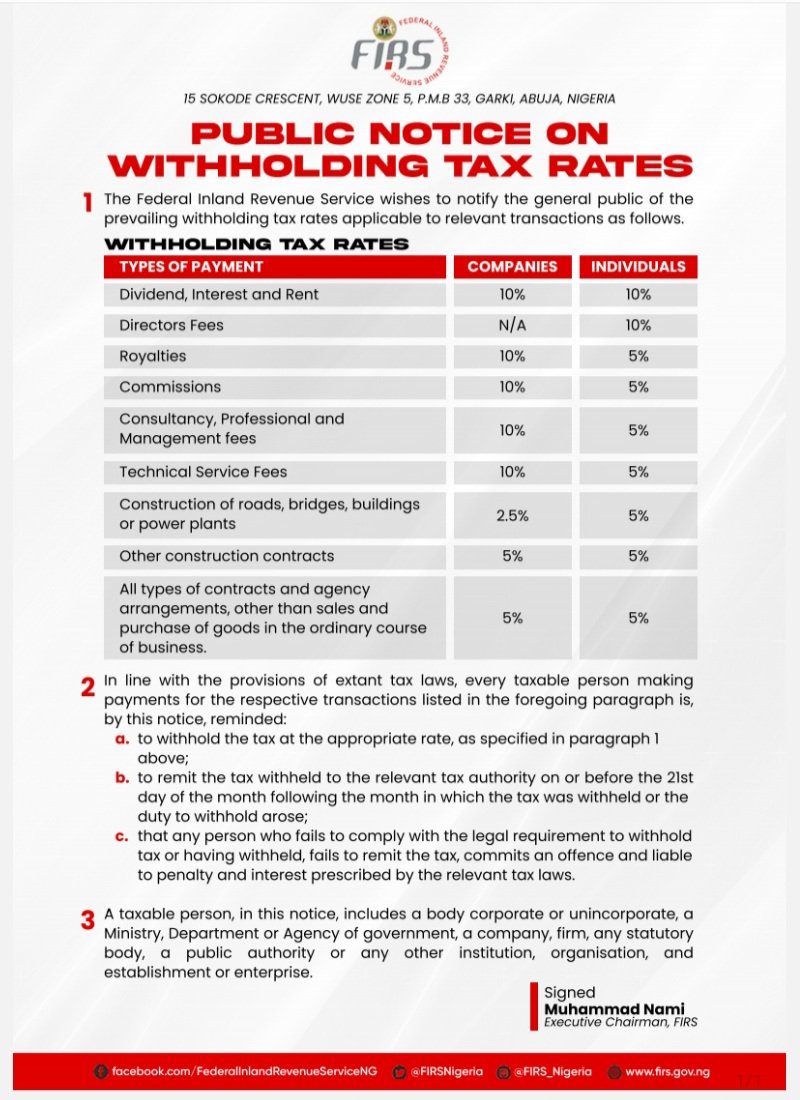 Nigeria’s Vice President, Professor Yemi Osinbajo has assured that 25 million Nigerians will enjoy electricity in the country by 2023.
Nigeria’s Vice President, Professor Yemi Osinbajo has assured that 25 million Nigerians will enjoy electricity in the country by 2023.
“We have developed an Economic Sustainability Plan, which includes our flagship Solar Power Naija programme aiming to electrify 5 million households and 25 million people by 2023, leveraging solar mini-grids and stand-alone systems.”
Professor Osinbajo, who spoke today, May 18, at the 7th Annual New York-based Columbia University Global Energy Summit organized by the Columbia Centre on Global Energy Policy, said that Nigeria believe in the potential of off-grid renewables to close the energy deficit even across Africa.
“But we also look to developed countries, the private sector, and development agencies to recognise the potential that a just and clean energy transition can bring to the development of our continent and other developing regions.
“We hope to work jointly towards common goals including the market and environmental opportunity presented by the financing of clean energy assets in growing energy markets.”
The Vice President stressed the need for equity, adding: “limiting the development of gas projects, poses dire challenges for African nations, while making an insignificant dent in global emissions.”
He emphasized the need for justice, social justice, and fairness, even as he said: “what is often not sufficiently considered in thinking through the transition to net-zero emissions is the critical role that energy, in our case, gas plays in catalyzing economic development and supporting people’s health and livelihoods, especially in poorer countries.
“Natural gas is currently used for industry, fertilizer manufacturing, and cooking – which are more difficult to transition than power generation.”
On the access element of the energy transition, the Vice President explained that “it must be linked with the emission reduction aspect.
“Pathways to reaching net-zero by 2050 have to include first ending energy poverty by 2030. If energy access issues are left unaddressed, we will continue to see growing energy demand being addressed with high polluting and deforesting fuels such as diesel, kerosene, and firewood.”








